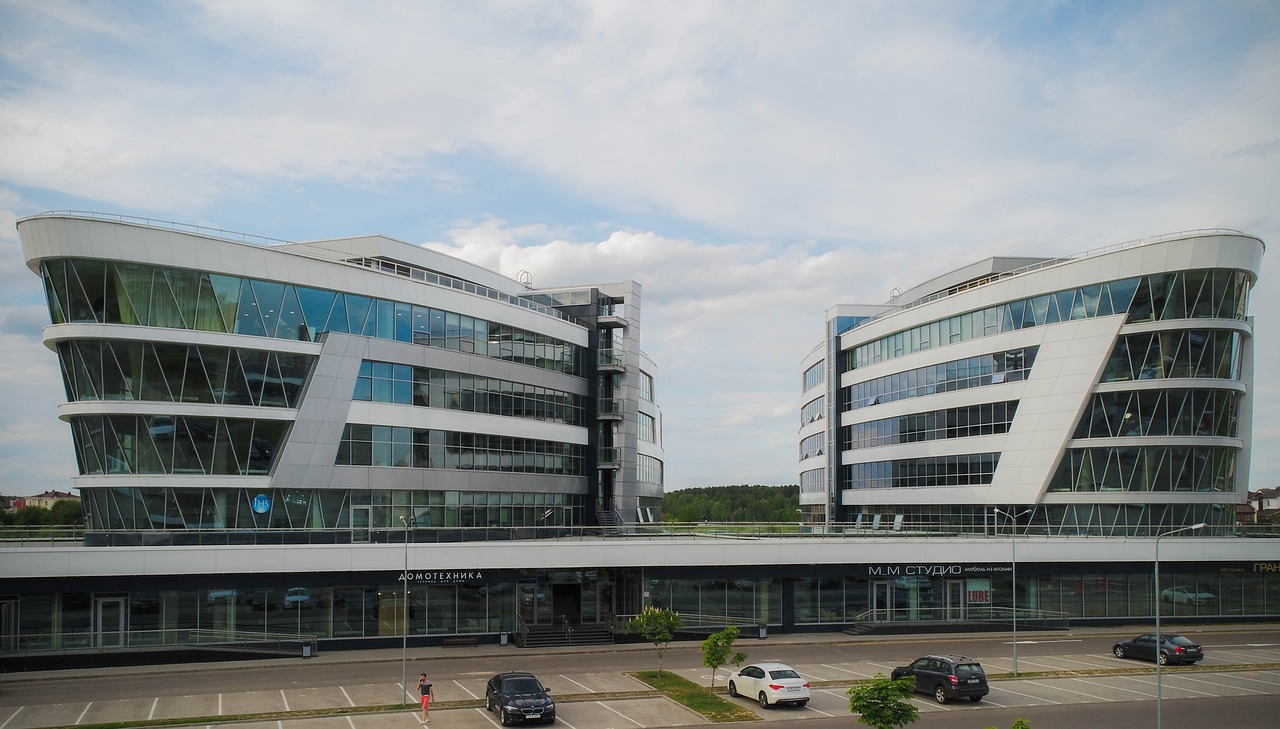The Impact of Economic Downturns on Automotive Manufacturing: Allpanelexchange, Lotus365 book, Laser book 247
allpanelexchange, lotus365 book, laser book 247: The Impact of Economic Downturns on Automotive Manufacturing
In recent years, the automotive industry has faced significant challenges due to economic downturns. The impact of these downturns on automotive manufacturing has been profound, affecting production, sales, and overall industry growth. In this article, we will explore how economic downturns have influenced the automotive manufacturing sector and discuss ways in which companies can navigate these challenging times.
Introduction
The automotive industry is a crucial part of the global economy, providing millions of jobs and contributing significantly to GDP in countries around the world. However, like any other sector, the automotive industry is susceptible to economic downturns that can disrupt production and sales. In times of economic uncertainty, consumers tend to cut back on discretionary spending, including purchasing new vehicles, leading to a decline in sales for automotive manufacturers.
Impact on Production
One of the most significant impacts of economic downturns on automotive manufacturing is a decrease in production levels. When consumer demand for new vehicles drops, manufacturers are forced to reduce production to avoid building up excess inventory. This can lead to layoffs and furloughs for factory workers, as well as a decrease in revenue for the company.
In addition to lower production levels, economic downturns can also impact the supply chain for automotive manufacturers. Suppliers may struggle to fulfill orders due to a decrease in demand, leading to delays in production and increased costs for manufacturers. This can further exacerbate the challenges faced by automotive companies during economic downturns.
Impact on Sales
Another key impact of economic downturns on automotive manufacturing is a decline in sales. During times of economic uncertainty, consumers are less likely to make major purchases such as new vehicles. This can lead to a decrease in revenue for automotive manufacturers and dealerships, as well as a surplus of unsold inventory.
In response to lower sales, automotive companies may offer discounts and incentives to attract customers. While this can help stimulate demand in the short term, it can also erode profit margins and decrease overall revenue. As a result, automotive manufacturers may struggle to maintain profitability during economic downturns.
Navigating Economic Downturns
Despite the challenges posed by economic downturns, there are steps that automotive manufacturers can take to navigate these difficult times. One key strategy is to diversify product offerings to appeal to a wider range of customers. By expanding their product lines to include more affordable options, manufacturers can attract budget-conscious consumers during economic downturns.
Additionally, automotive companies can focus on innovation and technology to differentiate themselves from competitors. By investing in research and development, manufacturers can create new and improved products that capture consumer interest and drive sales. This can help companies weather economic downturns and emerge stronger on the other side.
FAQs
1. How do economic downturns impact automotive manufacturing?
Economic downturns can lead to lower production levels, decreased sales, and disruptions in the supply chain for automotive manufacturers. These challenges can result in layoffs, furloughs, and financial strain for companies in the automotive industry.
2. What can automotive manufacturers do to navigate economic downturns?
Automotive manufacturers can diversify product offerings, focus on innovation and technology, and implement cost-cutting measures to navigate economic downturns. By adapting to changing market conditions and consumer preferences, companies can position themselves for long-term success.
3. How long do economic downturns typically last in the automotive industry?
The duration of economic downturns in the automotive industry can vary depending on a range of factors, including market conditions, consumer sentiment, and government policies. While some downturns may be short-lived, others can last for several years before the industry fully recovers.
Conclusion
In conclusion, economic downturns can have a significant impact on automotive manufacturing, affecting production, sales, and overall industry growth. By diversifying product offerings, focusing on innovation, and implementing cost-cutting measures, automotive manufacturers can navigate these challenging times and emerge stronger on the other side. Despite the challenges posed by economic uncertainty, the automotive industry has shown resilience in the face of adversity, demonstrating its ability to adapt and thrive in a rapidly changing market.







